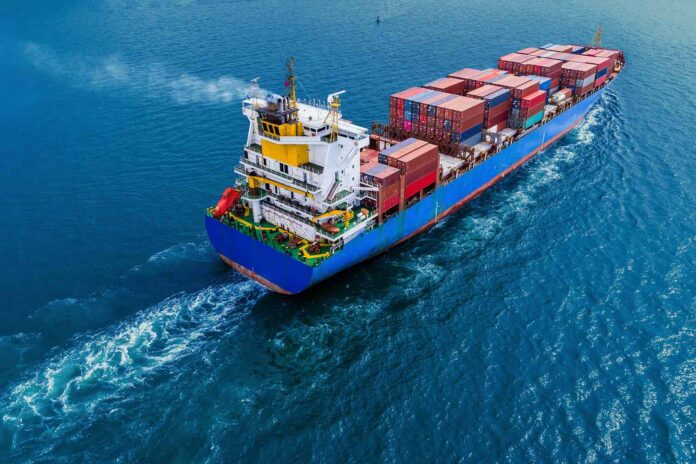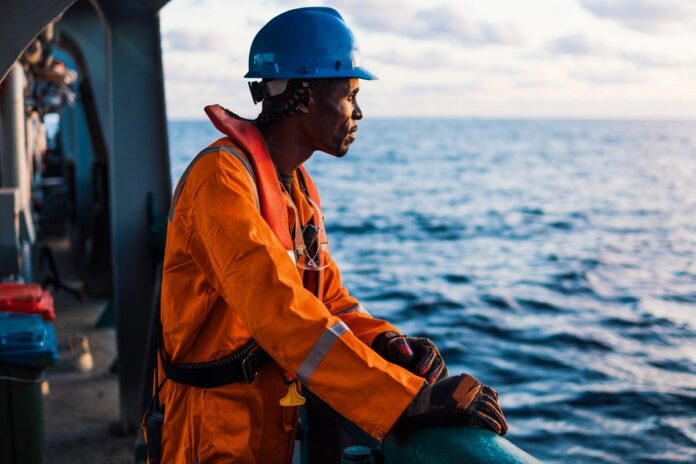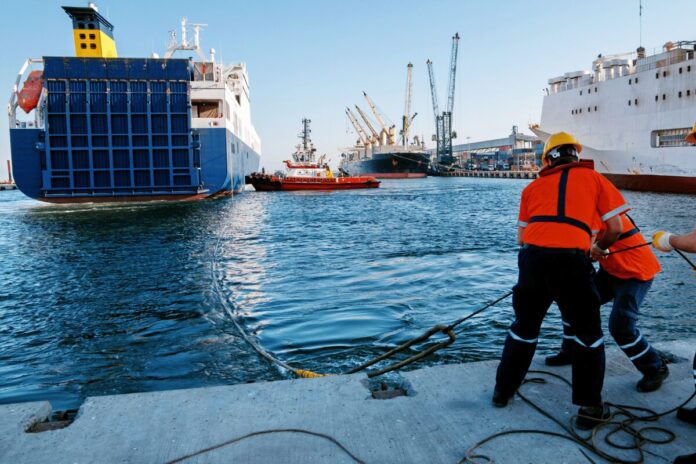Maritime laws, often referred to as admiralty laws, are a distinct body of law that governs maritime questions and offenses. They are a combination of international agreements and domestic legislation that oversees the activities, relationships, and disputes occurring on navigable waters.
These laws have their roots deeply embedded in history, tracing back to ancient times where they were established to govern the behavior and conduct of seafarers, the use of international waters, and the protection of marine environments.
Over the centuries, maritime laws have adapted to the changing dynamics of sea travel, trade, and technology, ensuring that they remain relevant and effective in promoting safety, environmental protection, and maritime commerce.
This article examines the key aspects of these laws, highlighting legislation like The Jones Act, The Longshore and Harbor Workers’ Compensation Act, dissecting their influence on the rights, responsibilities, and protections of seamen and offshore workers.
This article enlightens those affected by offshore injuries on the legal avenues and protections available.
Maritime Law and Personal Injury Claims
Maritime laws play a quintessential role in establishing the safety protocols and guidelines that protect the lives and well-being of seamen and offshore workers.
These laws meticulously outline the rights and responsibilities of individuals working in maritime environments, ensuring that there is a balanced approach to safety, rights, and welfare.
The legal framework established by these laws provides a solid foundation upon which claims arising from common offshore injuries such as slips, falls, equipment malfunctions, and exposure to hazardous substances are adjudicated.
Consider collaborating with a Beaumont personal injury lawyer to ensure a clear, legally backed pathway to seek compensation and justice, based on their expertise in maritime safety protocols, the rights of seamen, and offshore injury claims.
Key Aspects of Maritime Law

1. The Jones Act
The Jones Act, enacted in 1920, is a federal statute that safeguards American seamen injured at sea. It allows them to seek compensation for injuries caused by the negligence of their employers or co-workers during their service on a vessel.
Under this act, seamen are entitled to a safe working environment. If injured, they can sue their employers for medical expenses, lost wages, and other damages, which is a right not typically available under common workers’ compensation laws.
To be eligible for a claim under the Jones Act, the injured must be a “seaman,” and the injury must have occurred on a navigable waterway or a vessel in operation. Demonstrating employer negligence or unsafe working conditions is essential.
2. The Longshore and Harbor Workers’ Compensation Act
This Act provides compensation and medical care to employees injured upon the navigable waters of the United States, typically covering longshore workers, harbor workers, and most other maritime workers not covered by the Jones Act.
Injured workers under this Act are entitled to medical treatment, rehabilitation services, and compensation for lost wages. It ensures workers receive timely assistance without the need to prove employer negligence.
Initiating a claim involves notifying the employer about the injury and filing a written claim with the Department of Labor. Be aware of the strict timelines and procedural requirements.
3. Maintenance and Cure
Maintenance and Cure is a maritime doctrine requiring shipowners to provide injured seamen with medical treatment (cure) and living expenses (maintenance) until they reach maximum medical improvement.
Benefits include necessary medical expenses, hospitalization costs, and a daily living allowance. These are provided regardless of who was at fault for the injury.
There are limitations; for instance, benefits can be denied if the injury resulted from the seaman’s own misconduct. Knowing these exceptions and limitations allows for seamen and their advocates to ensure that rightful compensation is secured.
Offshore Injury Claims

Offshore workers often face hazardous conditions leading to a variety of injuries. These include, but are not limited to, slips and falls, burns, exposure to toxic chemicals, and injuries resulting from equipment failures or malfunctions.
The Claim Process
The initial step in the offshore injury claim process entails promptly reporting the injury to the relevant authorities or supervisors, ensuring that an official record is documented.
Injured workers should immediately seek medical attention to address their injuries, safeguarding their health and well-being, and providing medical records that serve as evidence in the claim process.
Engaging with a maritime lawyer early in the process is essential. They provide legal guidance, helping the injured through the complexities of maritime laws and ensuring that their rights are protected.
Challenges Faced During Claims
Legal Complexities
Offshore injury claims are often mired in legal complexities arising from the complicated nature of maritime laws, requiring experts to secure justice and compensation.
Gathering Evidence
The process of gathering evidence to substantiate the claim can be daunting. It requires meticulous attention to detail to establish the link between the injury and the working conditions or incidents leading to it.
Jurisdictional Issues
Determining the appropriate jurisdiction under which the claim should be filed can be challenging, given the international nature of maritime activities.
The jurisdiction determines the applicability of laws and the success of the claim.
Conclusion

Maritime laws are not static; they are shaped and reshaped by the currents of time, evolving to meet the demands and challenges of the contemporary maritime world.
Recent amendments have brought a fresh wave of considerations, enhancing protections to defend and support the safety and rights of offshore workers.
Maintaining a thorough grasp of the modernized maritime laws can mean the difference between a successful injury claim and choppy waters of legal battles. We hope this guide is successful in directing injured workers to justice and compensation.








